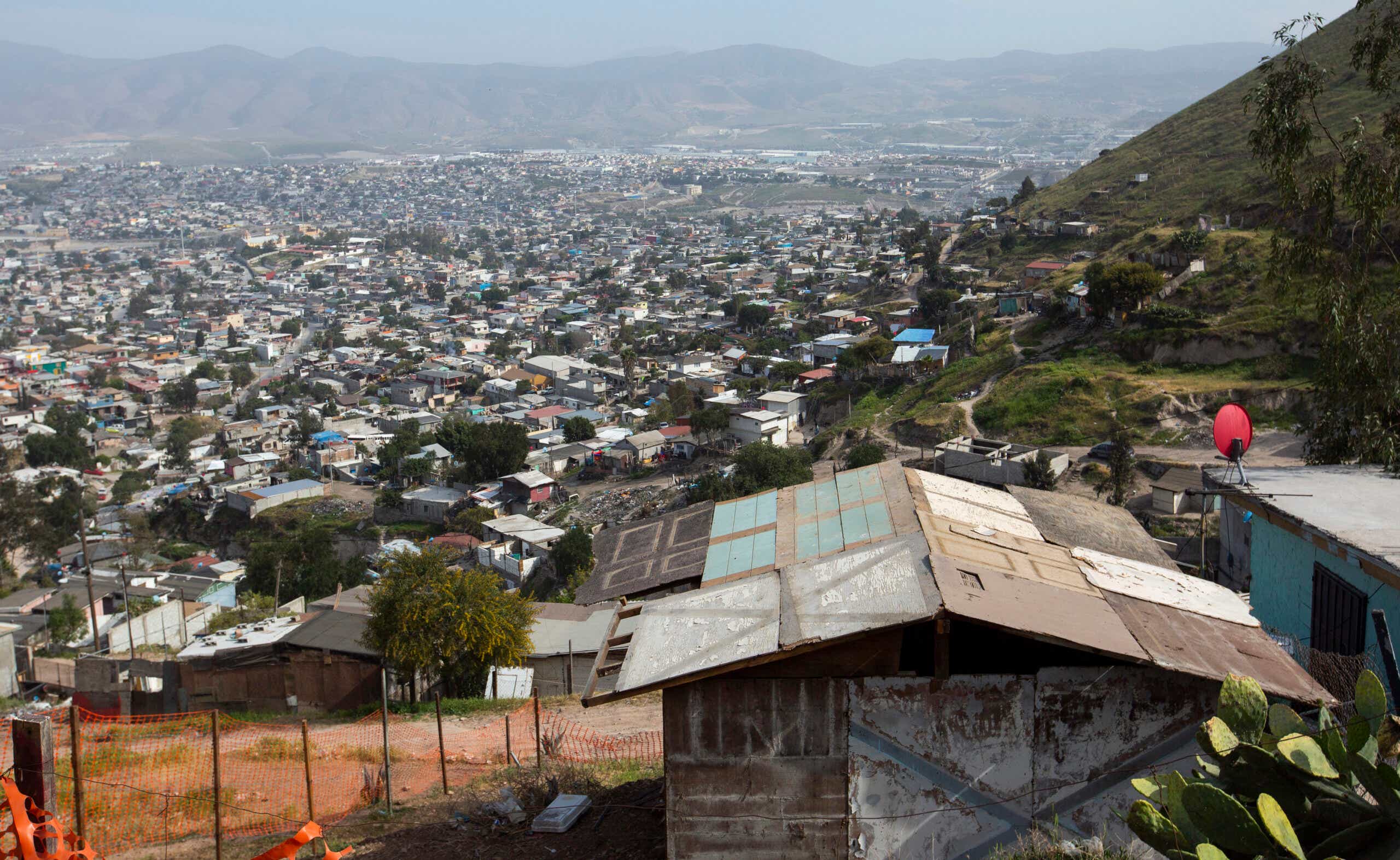The cartel responsible for the kidnapping of four Americans — and the deaths of two of them — in Mexico in the last week, has said sorry.
“The [Gulf Cartel] apologizes to the society of Matamoros, the relatives of Ms. Areli, and the affected American people and families,” the handwritten letter issued by the cartel reads, also noting the Mexican woman who was killed during the shootout in the border city of Matamoros.
“The Gulf Cartel Grupo Escorpiones strongly condemns the events of Friday, March 3,” it continues.
“For this reason, we decided to hand over those directly involved and responsible for the acts, who at all times acted under their own determination and indiscipline and against the rules in which the [Gulf Cartel] always operates.”
The group has reportedly handed five of its members over to local authorities. A Tamaulipas Prosecutor’s Office official told CNN that the case remains “very confusing.”
Latavia Washington McGee and Eric Williams, two of the Americans who were kidnapped apparently by mistake, are being treated in a U.S. hospital. Williams had been shot three times, once in one leg, twice in another. According to a GoFundMe page set up by his wife to cover his medical expenses, he’s already undergone two surgeries and had rods placed in his legs.
“I got my daughter and she’s alive,” Washington McGee’s mother told CNN.
Their companions, Victims Shaeed Woodard and Zindell Brown, were found dead. All four were being held in a wooden house near the border city of Matamoros when they were discovered earlier this week.
Woodard and Brown’s bodies were delivered to U.S. diplomatic authorities on March 9 after undergoing forensic examination, Tamaulipas Attorney General Irving Barrios confirmed on Twitter.
“I’ve tried to make sense out of it and tried to be strong about it,” Woodard’s father James, told the press on the same day, which would have been his son’s 34th birthday. “It just was a senseless crime.”
Why take such a risk?
The four friends had reportedly traveled to Matamoros, which is under a Level 4 do not travel advisory due to the risks of crime and kidnapping, because McGee had planned to undergo a cosmetic procedure there.
Mexico has become an increasingly popular destination for people who want to have cosmetic work done, but find the cost of procedures in the U.S. prohibitive.
Dr. Nain Maldonado, a cosmetic surgeon who operates out of a clinic in Cancun, told NBC News that other aspects of the U.S. healthcare system also frustrate potential clients.
“When I talk with my patients coming from the States, they are surprised how the doctors are coming to see them, talking with them, even during the appointments after the surgery or the next day,” he said. “I think it is easier to talk with your doctor here in Mexico.”
This, possibly in combination with the rising popularity of certain social media-driven aesthetics (buccal fat removal being the most recent popular fixation) has led to a boom in medical tourism.
Savings aside, there are a lot of contraindications to be aware of — not least the fact that some of the treatments on offer in countries like Mexico are not approved in the United States. Nevertheless, one 2018 study published in the American Journal of Medicine estimated that in 2007, fewer than 800,000 Americans went abroad for medical care, but by 2017, that number had climbed to more than 1 million.
“Price is a big issue in the United States,” Elizabeth Ziemba, president of Medical Tourism Training, told CNN. “We know that the US health care system is incredibly expensive. Even for people with insurance, there may be high deductibles or out-of-pocket costs that are not covered by insurance, so that people will look based on price for what’s available in other destinations.”









